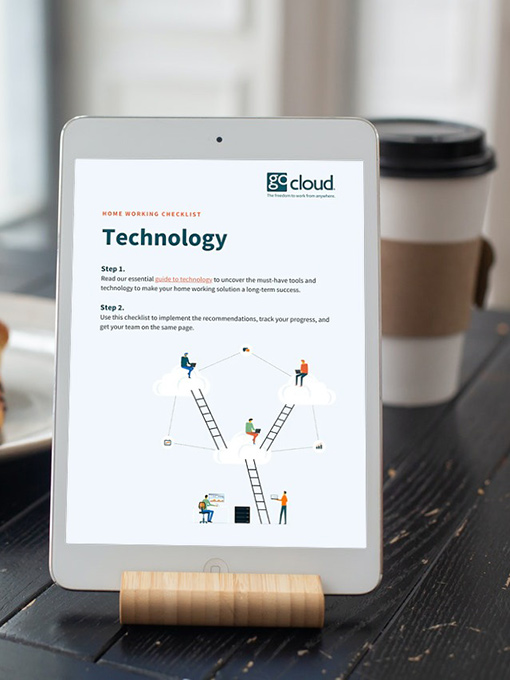
Resources
Get
Instant Quote
Straight to your inbox. No sales call.
Technology
Clicking a fraudulent link will cause damage to your hardware and data. It's a very serious problem that GoCloud is here to help you avoid.

There's no doubt that phishing scams were everywhere prior to the appearance of coronavirus.
However, the pandemic has caused a significant rise in illegal digital activity and the way in which it's delivered.
Many of these bogus messages are written in convincing language and initially look legitimate, making it imperative that your staff know how to spot and report them.
Recent examples include notifications of tax refunds, fines, PayPal transfers, account breaches, Office 365 subscriptions, and "goodwill payments" being sent to businesses and individuals to help them recover income lost during COVID-19.
Even more recently, a wide variety of scam messages about the
vaccine have been doing the rounds, playing on people's
insecurities and directing them to malicious web addresses.
It's crucial to remember that HMRC, banks, the government, the NHS and other official organisations will never send or request sensitive information in this way.
They also wouldn't ask you to make a payment by clicking a
link, as this is how the scammers gain access to your bank
accounts or plant viruses and malware into your devices.
It doesn't seem very long ago when scams were sent solely via
email and usually caught by our junk folders. Unfortunately,
scammers are now using a variety of platforms, including but not
limited to:
You may even receive a letter in the post that seems a bit
"phishy", as the occasional scammer takes an old-school approach
in order to catch business owners off guard.
Thankfully, the scammer can only cause damage to your devices, data and/or digital accounts if you click on a link, send them information or visit the website they've shared with you.
The key is to give any unexpected communications your full attention and never carry out an action without first thinking it through.
Rather than deleting the scam immediately, take a note of the sender's email address, phone number or social media account, as well as the content of the message.
We recommend that you then block or blacklist their number or
account, as this way they can't contact you through that
particular one going forward.
Business owners and managers tend to receive a lot of scams that claim to be from HMRC or Companies House.
If this is the case for you, contact phishing@hmrc.gov.uk with the scammer's email address and a copy of the message so that HMRC can carry out further investigation and hopefully track down the perpetrator.
If it's a text message, you can either email the information to
HMRC using the address above or forward the message to 60599,
although network charges will apply so an email may be the
better option.
If the message is pretending to be from your bank or building society, contact the organisation directly and provide full details.
The same goes for any that say they're from a business, brand,
government department or not-for-profit organisation but seem a
bit iffy.
We understand that you're busy but taking a minute out of your day to report these messages will play a role in catching the culprits, as well as lessening the frequency of phishing scams overall.
It's true that you'll most likely still receive other scams from other numbers and email addresses in the future.
Still, the more that are blocked and reported, the fewer that
will make it through to your devices.
It's not just scams that can disrupt your working day, as business owners in particular often receive a lot of unsolicited sales and marketing calls.
We recommend joining the Telephone Preference Service (TPS), which is the UK's official Do Not Call register.
It's completely free of charge and very quick to sign up to, so
it really is a no-brainer.
Hosted desktops from GoCloud are designed to keep your data safe from hackers, viruses and cyber-attacks. To find out more, get in touch on 01482 751133 or email hello@gocloud.co.uk.
Download your free technology checklist to discover the essential gear for working from home.
Technology ChecklistDownload your free technology checklist to discover the essential gear for working from home.
